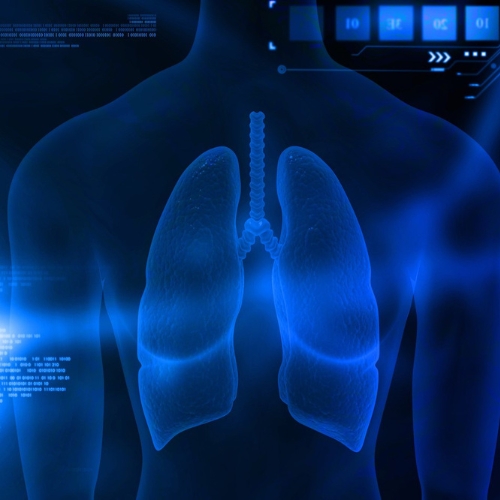Key points from article :
Frontier Bio, a biotech company based in California, has achieved a significant milestone by successfully bioprinting human lung tissue. This innovation could revolutionize the treatment of respiratory diseases and organ transplants, particularly for conditions like Chronic Obstructive Pulmonary Disease (COPD), pulmonary fibrosis, and even COVID-19. By creating accurate human lung models, pharmaceutical companies may expedite drug development processes, reduce costs, and ultimately improve patient outcomes.
The bioprinted lung tissue is designed to closely resemble natural human lungs, utilizing a proprietary blend of biomaterials and lung cells, including stem cells. A notable feature of this technology is the tissue’s capacity to self-assemble into complex structures, such as bronchioles and alveolar air sacs, which are critical for gas exchange. The model also exhibits functional characteristics like producing mucus and surfactant, both essential for maintaining healthy lung function. This means that the bioprinted tissue can effectively mimic the behaviour of real lungs, making it a promising alternative to traditional animal testing for drug efficacy.
In addition to drug testing, Frontier Bio envisions the potential of their bioprinted tissue to address the shortage of organ donors. According to Samand Pashneh-Tala, head of vascular tissue engineering at Frontier Bio, their technology could one day enable the creation of replacement lung tissue for patients with diseased lungs, thus eliminating the need for transplants. The process utilizes stem cells that differentiate into various lung cell types, guided by chemical cues to ensure accurate tissue formation.
The breakthrough positions Frontier Bio as a leader in the field, leveraging natural self-assembly processes to produce functional lung tissue that mirrors human physiology. With ongoing efforts to refine their technology and form partnerships with pharmaceutical companies, the team aims to accelerate the development of new respiratory drugs while working towards producing lab-grown tissues suitable for human implantation. This revolutionary approach could herald a future where the need for organ donors and animal testing is significantly reduced, paving the way for advancements in medical science and patient care.





